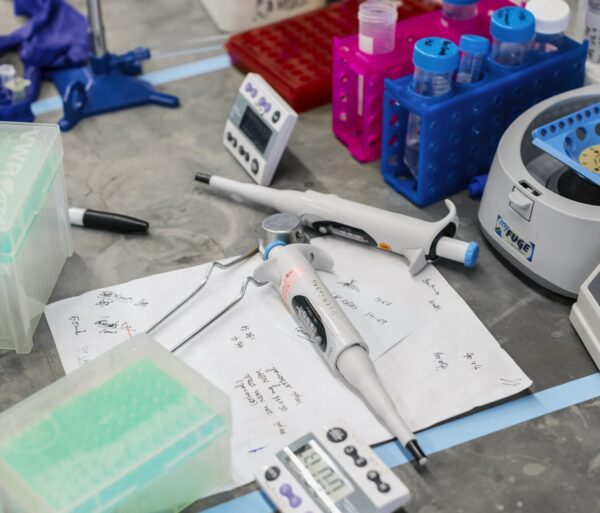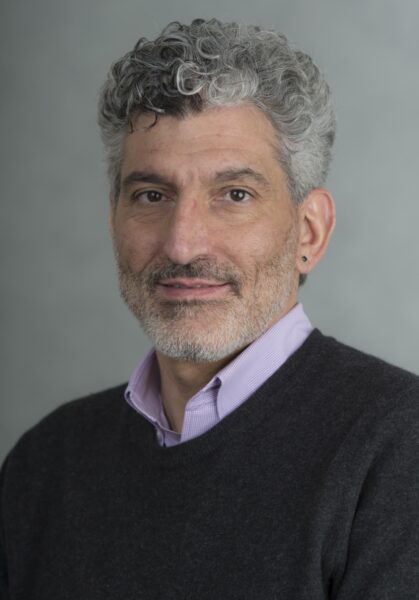Studies have shown that 15% of schizophrenics drink in excess of 3 liters of water daily. About 25% of these patients also exhibit water retention which leads to low blood sodium if mild, and life-threatening water intoxication if severe. When Manteno State Hospital asked The University of Chicago to help them manage a number of patients who were suffering from repeated episodes of water intoxication, Dr. Morris Goldman, then a resident and now an associate professor of psychiatry, offered to help. After developing a method for preventing the syndrome, Dr. Goldman and colleagues set out to characterize the mechanism of their water imbalance. The Brain Research Foundation funded these early experiments in which they determined that the antidiuretic hormone vasopressin (AVP), which causes the body to conserve water, was being secreted despite patients’ marked water retention. The results were published in the New England Journal of Medicine, and hailed for their potential significance in an accompanying editorial.
They next confirmed that these patients, unlike others with schizophrenia, put out even more AVP when psychotic. The real issue remained, however, what could be overriding the inhibitory effects of the water retention? After methodically ruling out a number of explanations for this and the initial finding the investigators became interested in the observation that AVP secretion seems to worsen with psychological stress while in healthy controls it is suppressed. The part of the hippocampus responsible for this suppressive effect on stress hormone (cortisol) is one of the brain regions implicated in the pathophysiology of schizophrenia. Hence, Dr. Goldman tested whether hippocampal pathology produced the AVP defect by disrupting the inhibitory circuitry responsible for suppressing psychological stress responses. As predicted, AVP and cortisol responses to psychological but not to physical stresses were elevated; the part of the hippocampus which regulates this response was smaller; and other measures of hippocampal hormone regulation were similarly impaired. AVP and cortisol are secreted from the same brain region (hypothalamus) as a closely related hormone, oxytocin.
Oxytocin inhibits AVP responses to stress and along with AVP influences the social behaviors which are markedly impaired in many schizophrenic patients. AVP and oxytocin have been called the ‘yin and yang’ of neurohormones because of their opposite effects on behavior, and Dr. Goldman wanted to determine if oxytocin was diminished in association with the changes in hippocampal structure and function, and if this may have contributed to their social deficits. Plasma oxytocin levels were measured during psychological stress and did not change in any of the groups, but were consistently lower in those with water imbalance. Furthermore, levels were predicted by the deficits in both hippocampal structure and function, and these patients also had greater social deficits. Social behavior and cognition are partly determined by the ability to accurately assess emotion in the facial expressions of others, and oxytocin enhances this capacity in healthy controls. Dr. Goldman set out to determine if diminished oxytocin levels predicted deficits in this domain, and found that it did for patients with and without water imbalance.
Deficits in social cognition and behavior are the most treatment resistant symptoms in schizophrenia, and are the major focus of new drug discovery. Intranasal oxytocin not only enhances the ability to identify facial emotions in normals, but appears to enhance trust in others, and reduce stress responses in social situations. Hence, Dr. Goldman has begun to assess if intranasal oxytocin reverses the defect in facial affect discrimination in these patients and others with schizophrenia, as the first step determining the possible efficacy of oxytocin therapy. This could be great help to a schizophrenic patient’s everyday life, giving them the ability to better function in society.



